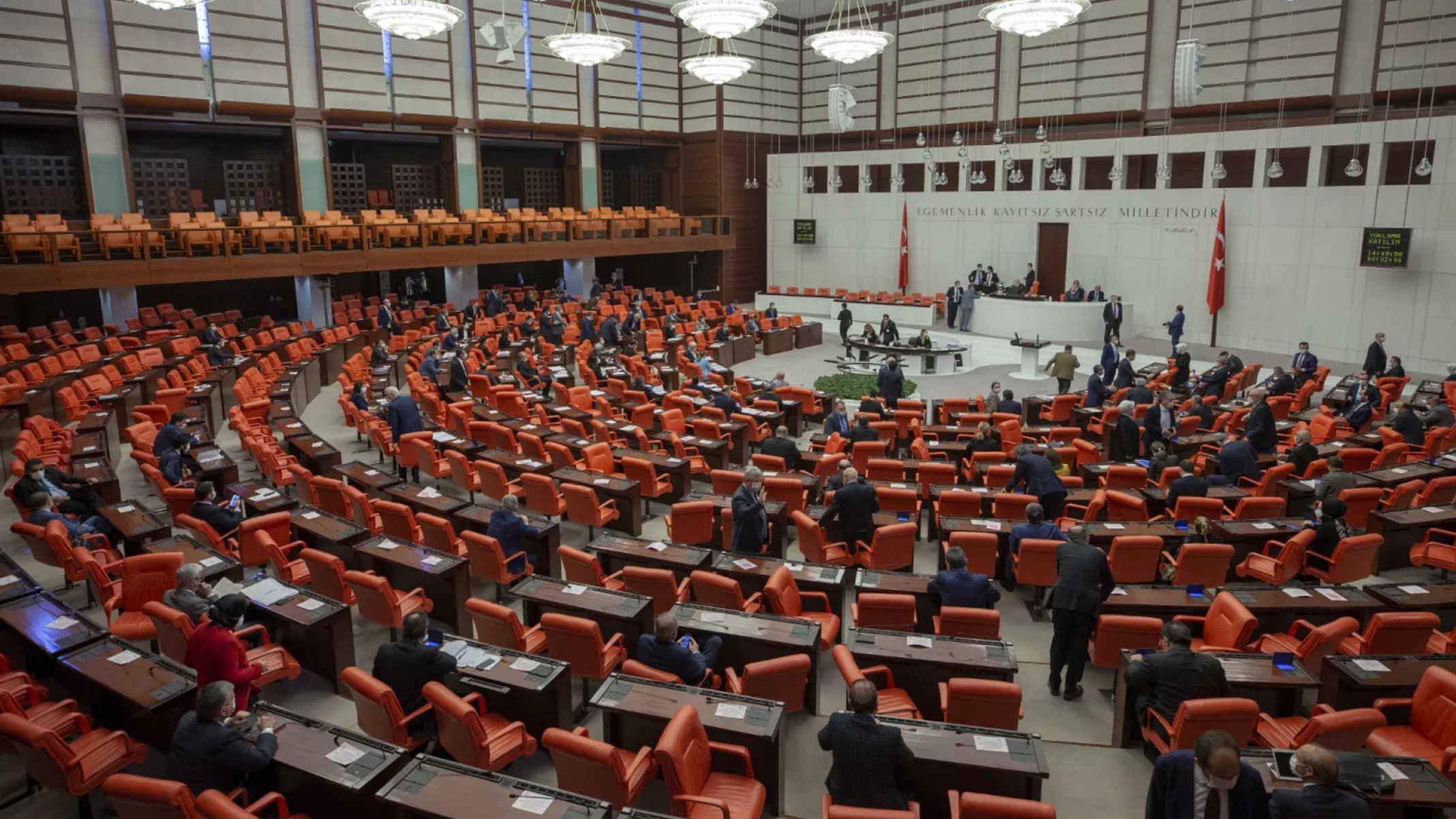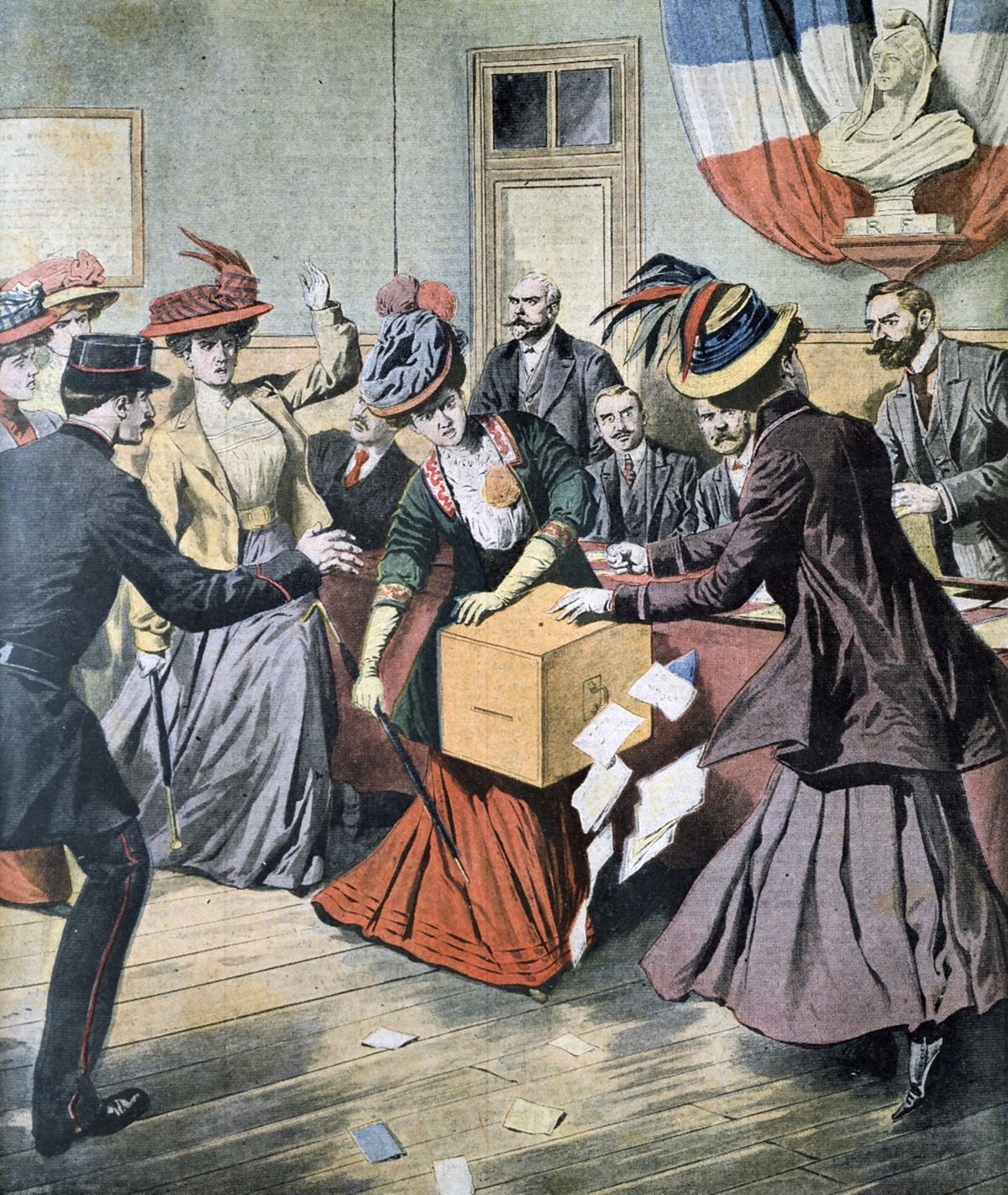Editor's Notes: Kadınların 1935 Seçimlerinde Milletvekili Olarak Türkiye Siyasetine Girişi has published today for the meaningful reason of recoginze women's continued contributions.
Our team has made a great effort to provide some analysis and dig out information, and put together this Kadınların 1935 Seçimlerinde Milletvekili Olarak Türkiye Siyasetine Girişi guide to help you understant the significant meaning of it.
Here are some key differences or key takeaways:
Transition to main article topics:

Milletvekili Kavuncu: "Alim Işık, Kanserli Bir Yavrumuzu Maalesef - Source www.haberler.com
FAQ
This FAQ section provides answers to frequently asked questions related to the significant milestone of women's entry into Turkish politics as elected representatives in 1935.

D'Hondt Sistemi Nedir? Türkiye'de Milletvekili Seçimlerinde Uygulanan - Source evrimagaci.org
Question 1: When did women first enter the Turkish Parliament?
Answer: Women were first elected to the Turkish Parliament in 1935, following constitutional amendments granting them the right to vote and stand for election.
Question 2: How many women were elected in 1935?
Answer: In the 1935 elections, 18 women were elected to the Grand National Assembly of Turkey, comprising approximately 4% of the total members.
Question 3: Which party did these women represent?
Answer: The 18 women elected in 1935 were all members of the Republican People's Party (CHP), which was the only legal political party in Turkey at the time.
Question 4: Who was the first woman elected to the Turkish Parliament?
Answer: The honor of being the first woman elected to the Turkish Parliament belongs to Hatice Özgener, a CHP candidate from Bursa.
Question 5: What was the significance of this event?
Answer: The election of women to the Turkish Parliament in 1935 marked a major milestone in Turkey's journey towards gender equality. It demonstrated the country's commitment to women's rights and political participation.
Question 6: How did this event impact women's role in Turkish society?
Answer: The entry of women into politics paved the way for their increased participation in public life. It inspired a generation of women to pursue leadership roles and contribute to Turkey's development.
For more information, please refer to the article Kadınların 1935 Seçimlerinde Milletvekili Olarak Türkiye Siyasetine Girişi.
This FAQ section provides a concise overview of the topic. If you have any further questions or require additional details, please do not hesitate to reach out for assistance.
Tips for Understanding "Women's Entry into Turkish Politics as Deputies in the 1935 Elections"
Tip 1: Understand the Historical Context:
The 1935 elections marked a significant milestone in Turkish history, as it was the first time women were granted suffrage and the right to be elected to the parliament. This historic event took place within the broader context of the modernization reforms initiated by Mustafa Kemal Atatürk, the founder of the Turkish Republic.
Tip 2: Explore the Legal Foundations:
The legal basis for women's political rights in Turkey was established through a series of reforms. The Constitution of 1924 granted women the right to vote in local elections, and the amendment of Article 10 of the constitution in 1934 extended this right to parliamentary elections.
Tip 3: Identify the Key Figures:
Several women played pivotal roles in advocating for women's political rights in Turkey. Notable figures include:
- Nezihe Muhiddin: A prominent feminist and educator who played a leading role in the women's suffrage movement.
- Afet İnan: A historian and archaeologist who was one of the first women elected to the Turkish parliament.
- Halide Edip Adıvar: A renowned novelist and political activist who was a vocal advocate for women's rights.
Tip 4: Analyze the Election Results:
In the 1935 elections, 18 women were elected to the parliament, representing a significant achievement for the women's movement. The election results demonstrated the growing support for women's political participation and the recognition of their contributions to society.
Tip 5: Consider the Impact and Legacy:
The election of women to the Turkish parliament had a profound impact on the country's political landscape. It paved the way for future generations of women to participate in politics and opened up new opportunities for women's empowerment.
Summary:
Understanding the entry of women into Turkish politics in 1935 requires a comprehensive analysis of the historical context, legal foundations, key figures, election results, and lasting impact. By examining these elements, researchers can gain a deeper understanding of this significant chapter in Turkish history.
Women's Entry into Turkish Politics as Deputies in the 1935 Elections
The entry of women into Turkish politics as deputies in the 1935 elections marked a significant milestone in the country's democratic development. Six key aspects distinguish this historical event:
- Electoral Reform: The passing of Law No. 2589 in 1934 granted women the right to vote and run for office.
- Political Participation: Seventeen women candidates from diverse backgrounds contested the elections.
- Representation: Eleven women were elected to the Grand National Assembly, constituting approximately 4% of the total deputies.
- Progressive Policies: The elected women actively contributed to legislative debates and advocated for progressive policies on education, healthcare, and women's rights.
- Symbol of Modernization: Women's entry into politics symbolized Turkey's commitment to modernization and democratic principles.
- Global Recognition: Turkey became one of the first countries in the world to grant women full political rights.
These key aspects highlight the transformative nature of the 1935 elections, which opened new avenues for women's participation in Turkish society and set the stage for their continued involvement in political decision-making.

TİP, 14 Mayıs Seçimlerinde Kaç Milletvekili Kazandı? | Doğruluk Payı - Source www.dogrulukpayi.com
Kadınların 1935 Seçimlerinde Milletvekili Olarak Türkiye Siyasetine Girişi
The entry of women into Turkish politics as deputies in the 1935 elections was a significant turning point in the country's history. This milestone was not only a reflection of the changing social and political landscape of Turkey but also had a profound impact on the subsequent development of women's rights and gender equality in the country.

Aposto | Türkiye’de Kadınların Seçim Hakkı Mücadelesi (1908-1935) - Source aposto.com
The decision to grant women the right to vote and stand for election was part of a broader series of reforms initiated by Mustafa Kemal Atatürk, the founder of the Turkish Republic. These reforms aimed to modernize Turkey and bring it in line with other Western nations. The granting of political rights to women was seen as a crucial step in this process, as it signaled Turkey's commitment to gender equality and democratic principles.
The first group of women who entered the Turkish parliament in 1935 consisted of 17 deputies. These women came from diverse backgrounds and represented different regions of the country. They included doctors, lawyers, teachers, and social activists. Their election to parliament was a testament to the growing recognition of women's capabilities and their contributions to society.
The entry of women into politics had a significant impact on the country's political landscape. Women deputies actively participated in parliamentary debates and played a vital role in shaping legislation. They advocated for women's rights, education, and social welfare. Their presence in parliament also helped to challenge traditional gender roles and stereotypes.
The granting of political rights to women in Turkey was a major step forward in the country's journey towards gender equality. It paved the way for women to play a more active role in shaping their country's future and contributed to the overall development and progress of Turkey.
Conclusion
The entry of women into Turkish politics in 1935 was a watershed moment that had a profound impact on the country's social and political development. It was a testament to the vision and leadership of Mustafa Kemal Atatürk and his commitment to gender equality.
The women who entered parliament in 1935 were pioneers who paved the way for future generations of women leaders. They demonstrated that women were capable of holding political office and making significant contributions to society. Their legacy continues to inspire women in Turkey and around the world.